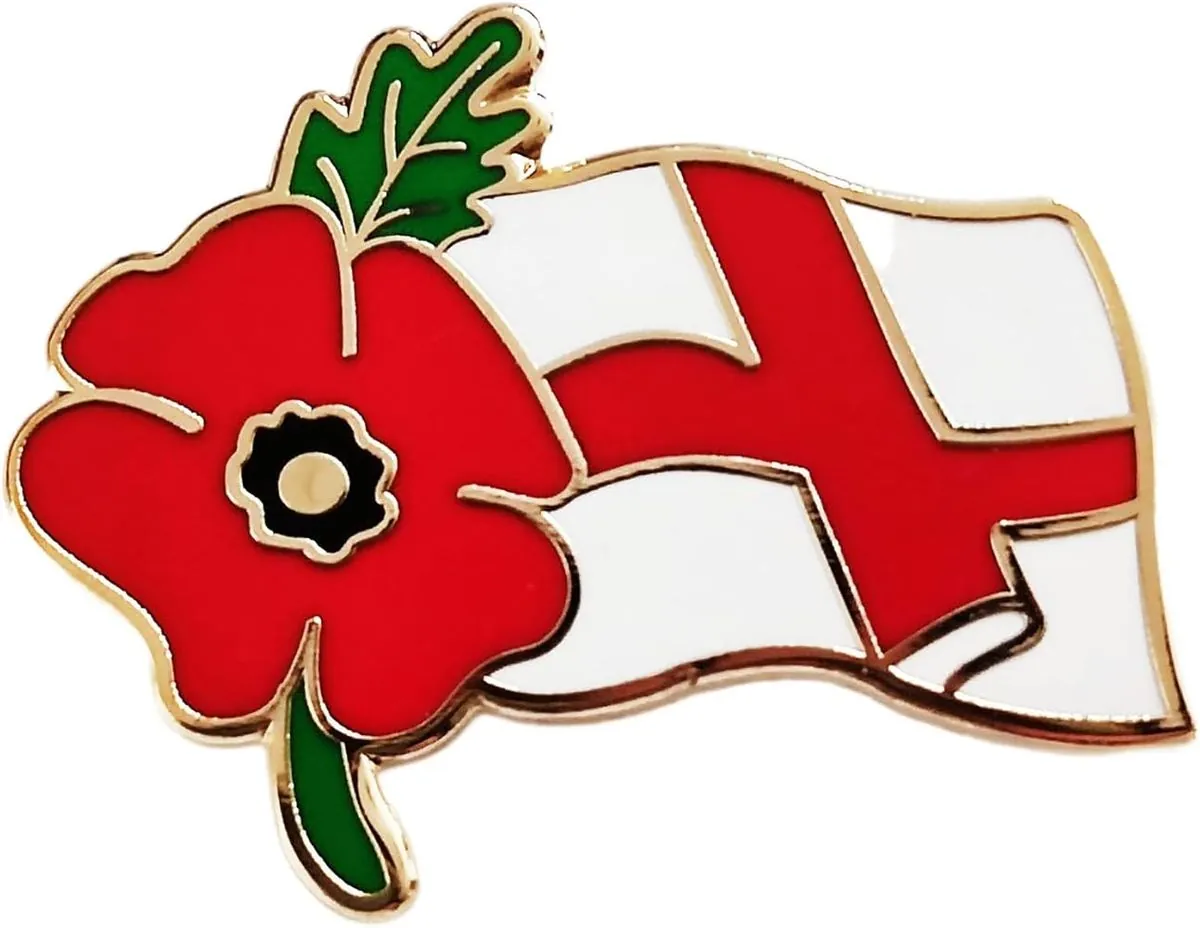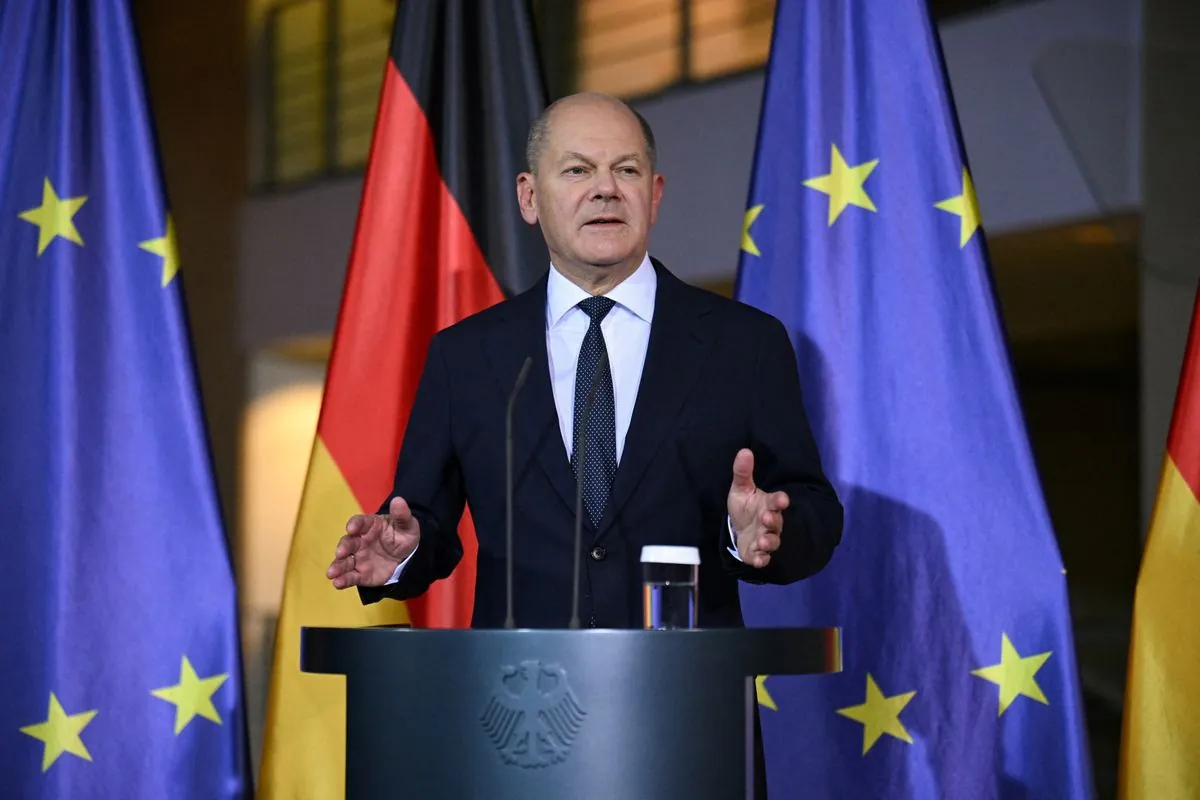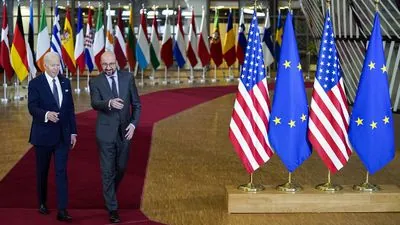Young Brits quietly step away from traditional poppy wearing this November
Red poppy sales show noticeable drop among younger generation in Britain this fall. Royal British Legion maintains its non-partisan stance while dealing with symbolʼs changing perception in modern times

A growing shift in poppy-wearing habits is becoming clear this fall‚ as many young-minded Brits choose not to display the traditional symbol
This is the first time I havent bought a poppy as an adult because it just feels like its sending a message I dont really want to send
The Royal British Legion (RBL) has kept steady with its yearly distribution of about thirty-million paper poppies and six-million pins through the last ten years; however theres been a clear drop in people wearing them lately (especially among the younger crowd)
Many folks link the symbol to broader political ideas: some see it as too close to nationalism while others connect it with post-Brexit patriotism. “Its kind of like hanging a St Georges cross in your window now“ says Anna a 24-year old trader who thinks many young people feel uncomfortable with such displays
The symbol faces pressure from different sides:
- Far-right groups trying to claim ownership
- Social-media controversies about proper display
- White poppy movement gaining ground in schools
- Recent vandalism cases in public spaces
The RBL keeps working with schools to stay relevant - theyʼve got about fifty-thousand students signed up for special remembrance assemblies. Philippa Rawlinson director of Remembrance at RBL explains: “We create special resources for Years 8 and 9 to keep veterans stories alive“
Despite some pushback the poppy remains visible in many places: youʼll spot them on football jerseys (after that fifa drama few years back); projected onto buildings; and displayed across town squares. The RBL hopes to raise more than £50-million this year while maintaining its non-partisan stance





























